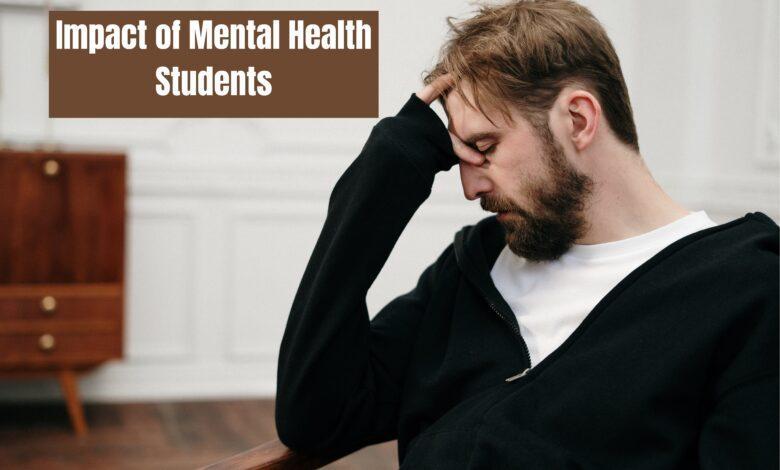What Impact of Mental Health Students Face

The student lifestyle comes with an array of unique difficulties. These include not just academic stresses, but also peer pressure and balancing personal life with studies, among other things. Each of these can significantly affect a student’s mental well-being. But in what way does mental health influence the lives of students?
What Factors Can Influence a Student’s Mental Health?
The mental well-being of a student can be affected by various elements such as issues in personal life, stress from education, genetics, and environmental attributes. An imbalance in any of these factors can generate mental health disorders such as anxiety, depression, amongst others.
Mental Health Difficulties Experienced by Students
The student phase of life is inherently challenging. There is a relentless strain from handling studies, assignments, exams, as well as co-curricular activities. When personal issues add to these pressures, it can lead to sleep irregularities, altered eating habits, loss of focus, and a persistent sense of being inundated, therefore severely impacting mental well-being.
Consequences of Deteriorated Mental Health
Poor mental well-being can severely impair a student’s ability to perform routine tasks. It not only hampers their academic performance but also impedes their social life. In extreme cases, depression can even lead to thoughts of self-harm or suicide.
The Most Significant Effects of Mental Illness on Student Life
Declined mental health obstructs the overall development of students. It demotes their academic performance, harms their creativity and analytical thinking skills, impairs social interaction abilities, and ruins their self-assurance and self-worth.
The Most Prevailing Mental Health Issue among Students Today
In recent context, an escalating number of students face anxiety disorders. This is predominantly due to increased academic stress in conjunction with worries about future career opportunities and issues in personal life.
A Daunting Aspect of Student Life
The toughest part of being a student often involves managing time and dealing with stress levels. Balancing academic responsibilities, co-curricular engagements, and personal affairs can prove to be very demanding, leading to stress and anxiety.
Approaches to Address Student Behavior and Mental Health
Being compassionate, merciful, and supportive can significantly help in managing student behavior that is a result of poor mental health. Encouragement, guiding, and providing requisite assistance can alleviate stress and ameliorate mental health conditions.
5 Behavior Issues Triggered by Poor Mental Health
- Hostility
- Self-harming tendencies
- Retreating from social activities
- Ignoring academic duties
- Being easily irritated.
Does Student Behavior Impact Learning?
Certainly, the behavior of students profoundly affects their learning. Students maintaining good mental health are likely to be more active, participate more, and yield better learning results. Contrarily, poor mental health can lead to distractions, lack of focus, and withdrawal from learning pursuits.
The link between students’ mental health and their academic performance is undeniable. Therefore, the provision of systematic support to assist them in managing these pressures is imperative.





